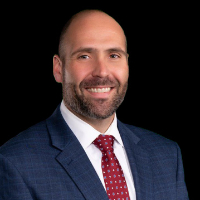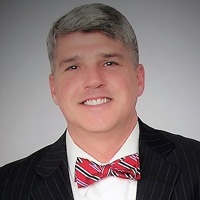Ruffin Felony Lawyer, South Carolina
Sponsored Law Firm
-
 x
x

Click For More Info:
-
Clekis Law Firm P.A.
171 Church St, Charleston, SC 29401» view mapCriminal Defense Law Clekis Cares. We Listen to You.
Clekis Law Firm has been representing clients for over three decades.
800-725-6591
Not enough matches for Ruffin Felony lawyer.
Below are all Ruffin Criminal lawyers.
Chad D. Shelton
Criminal, DUI-DWI, Felony
Chad was born and raised in St. Charles, Missouri just outside of St. Louis. He attended undergrad at Valparaiso University in Northwest Indiana and ... (more)
Bennett J. Schiller
✓ VERIFIEDAccident & Injury, Criminal, Divorce & Family Law, Health Care, Workers' Compensation
Becoming a trial lawyer was inevitable for Bennett J. Schiller, III. He was born in Savannah, Georgia in 1968 the son of Bennett and Marie Schiller. N... (more)
R. Thayer Rivers
Real Estate, Workers' Compensation, Criminal, Personal Injury
Status: In Good Standing
William E. Myrick
Lawsuit & Dispute, Divorce & Family Law, Criminal, Accident & Injury
Status: In Good Standing Licensed: 67 Years
H. Woodrow Gooding
Traffic, Lawsuit & Dispute, Divorce & Family Law, Misdemeanor
Status: In Good Standing Licensed: 44 Years
 Nicholas Clekis Charleston, SC
Nicholas Clekis Charleston, SC


